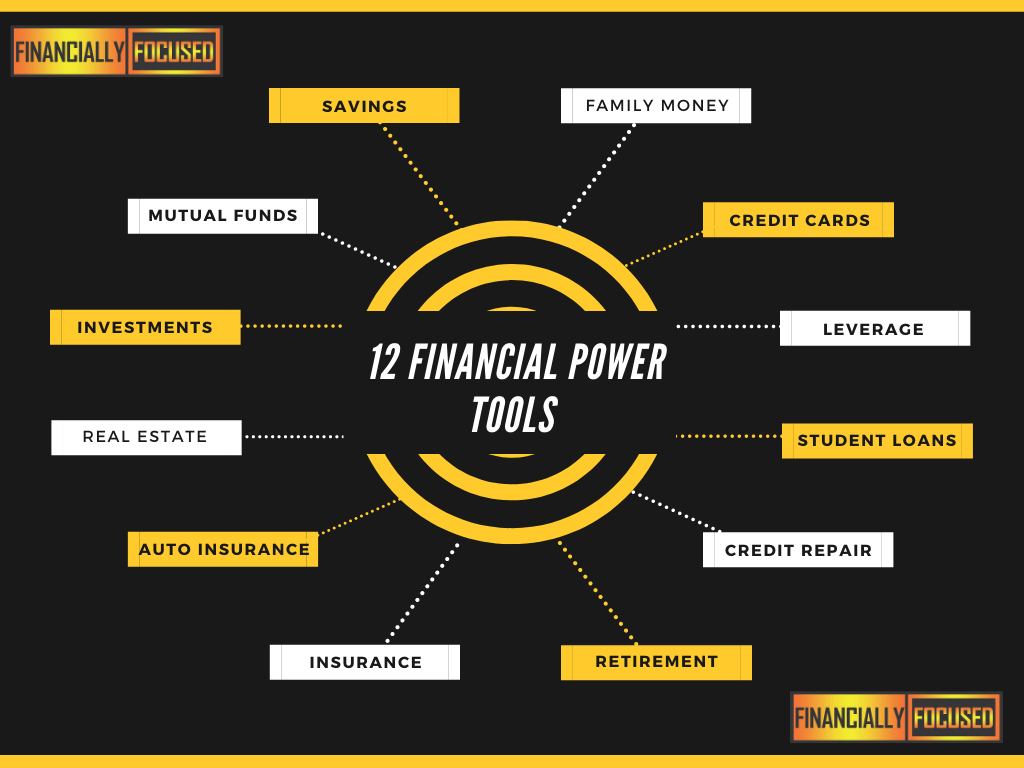Do you buy stocks when the market is open first thing in the morning? You may want to consider how much money you can make or how much money you can save by doing things differently.
Day trading, as the name implies, has the shortest time frame with trades broken down to hours, minutes and even seconds, and the time of day in which a trade is made can be an important factor to consider.
The closest thing to a hard and fast rule is that the first and last hour of a trading day is the busiest, offering the most opportunities while the middle of the day tends to be the calmest and stable period of most trading days.
There are some who believe that certain days offer systematically better returns than others, but over the long run, there is very little evidence for such a market-wide effect.
Best Times of Day to Buy Stocks (or Sell Them)
First thing in the morning, market volumes and prices can go wild. The opening hours are when the market factors in all of the events and news releases since the previous closing bell, which contributes to price volatility. A skilled trader may be able to recognize the appropriate patterns and make a quick profit, but a less skilled trader could suffer serious losses as a result. So if you’re a novice, you may want to avoid trading during these volatile hours, or at least, within the first hour.
However, for seasoned day traders, that first 15 minutes following the opening bell is prime time, according to Investopedia, usually offering some of the biggest trades of the day on the initial trends. The whole 9:30–10:30 a.m. ET period is often one of the best hours of the day for day trading, offering the biggest moves in the shortest amount of time. A lot of professional day traders stop trading around 11:30 a.m., because that is when volatility and volume tend to taper off. Once that happens, trades take longer and moves are smaller with less volume.
And be sure to check out this survey so we can understand how COVID19 has impacted your financial plans.
We want to know how the current situation is worrisome to you?
What are the consequences if your current financial situation continues unimproved?
Will our training cost be less than the money and assets you will command at the end of the 12 week period?





